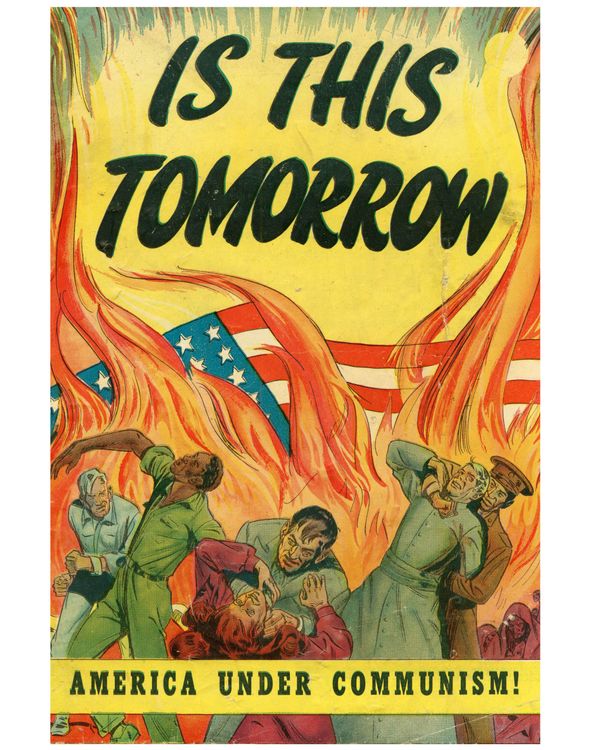
Perhaps he was just stating the obvious, but it did have the ring of an official announcement when Senate Majority Leader Mitch McConnell suggested a GOP-wide message for 2020, as the Hill reports:
“We need to have a referendum on socialism,” McConnell told a group of reporters when asked for his assessment of next year’s elections, when Senate Republicans will have to defend 22 seats, compared with 12 for Democrats.
In case reporters somehow didn’t get it, McConnell restated the proposition:
“I’m going to be arguing, and I’m encouraging my colleagues to argue, that we are the firewall against socialism in this country,” McConnell added …
“We’ve got five credible candidates for president in the Senate signed up for the Green New Deal and Medicare for none. If we can’t make that case, we ought to go into another line of work,” he said.
McConnell argues that will be the key to reversing the drop in support among women and college graduates that hurt Republicans in the 2018 midterm elections, when Democrats won back the House and captured GOP-held Senate seats in Arizona and Nevada.
So there you have it: Red Scare 2020 is going to be a big and abiding thing. This clearly syncs Senate Republicans with the Trump reelection bid. It’s long been clear that his 2020 strategy will be what you’d expect from an abidingly unpopular president leading an unpopular party with unpopular policy positions: a relentlessly negative attack on his Democratic opponent using every weapon available. There’s some irony involved in a Trump-led party accusing its opponents of “extremism,” but it’s an age-old tactic: When you cannot credibly occupy the “political center,” you can always try to push your opponents even further from the center than you are.
And “socialism” is a time-tested epithet for left-of-center politicians and parties. With older voters, of course, it connotes not just big government but the “scientific socialism” of Marxism-Leninism, along with the Soviet imperialism that formed so large a part of the experience of Americans in and before the baby boom. But it’s a big target generally, as David Graham has explained:
Though it feels like a Cold War throwback, the socialism epithet might be effective. It could resonate with a wider swath of the public than some of Trump’s other signature lines. The border wall, for example, is unpopular with Americans overall, though very popular with the president’s core supporters. By contrast, voter antipathy toward socialism is much broader: In a February Fox News poll, 59 percent of Americans held an unfavorable view. As of 2015, half of Americans said they wouldn’t vote for a socialist (though only 38 percent of Democrats held that view).
The “socialism” label for Democratic policy proposals could also help expose divisions in the Donkey Party’s ranks over significant variations in how to define the Green New Deal and how to implement Medicare for All, as candidates not named Bernie Sanders (the only self-identified “socialist” in the presidential field, so far at least) try to distinguish their approaches from his.
On the other hand, conservatives have been calling liberals “socialists” for eons, and it’s no automatic magic bullet. Most notoriously, Barack Obama was relentlessly (if ridiculously) called a “socialist” by Republican-aligned media types going into the 2012 election, and it didn’t appear to work. For that matter, Trump himself deployed the “socialist” epithet toward Democrats going into the 2018 midterms, to no discernible effect.
But when you can’t say much about your own party’s record other than pointing at economic indicators and hooting “Mine! Mine!” then creating and burnishing negative associations for the other side may be the only available strategy. So you can expect the Red Scare to continue during this, the 100th anniversary of the original panic over socialists and communists supervised by Attorney General A. Mitchell Palmer. It’s what self-described superpatriots do when all else fails.






























